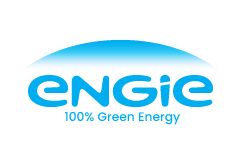Switch Business Utilities
Change Suppliers & Spend Less On Utility Bills
Welcome To Tariff.com
Unlock a new source of savings by revamping your energy usage with Tariff.com.
With us on side, you’ll have access to the best deals and suppliers on the market.
We Can Help With...
- Business Gas
- Business Water
- Business Electricity
- Heating Solutions
- Net-Zero Consultation
- Renewable Energy
- Solar Panels
- Electronic Vehicle Charging
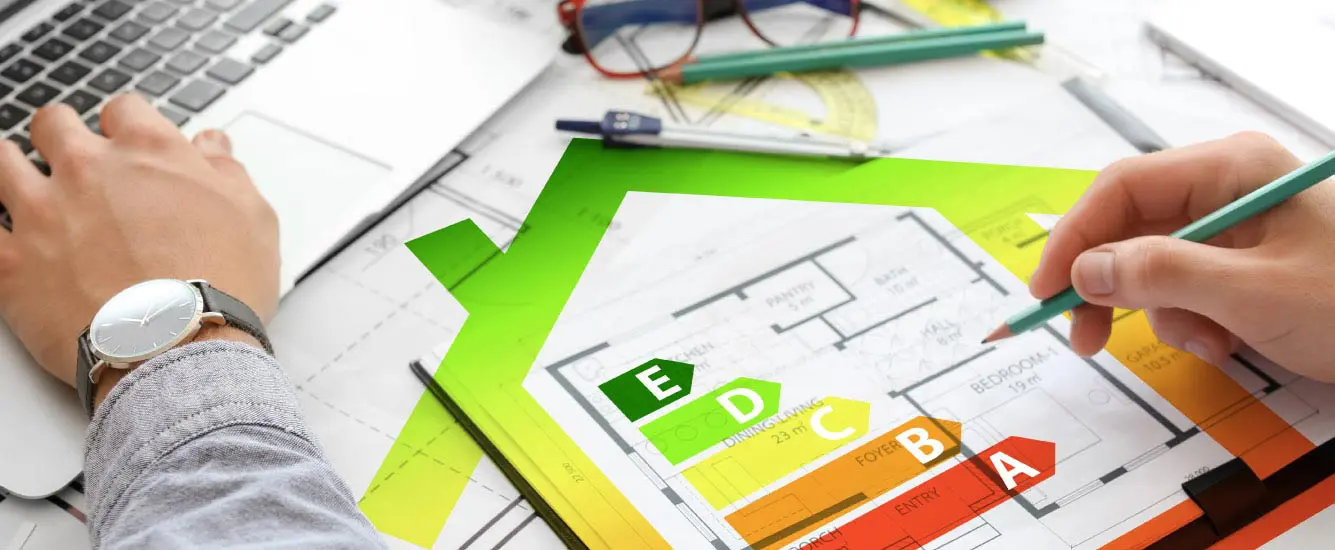
Who Are We?
Here at Tariff.com, we are energy experts, specialising in business utilities and helping companies transition to net-zero. We believe that every business can benefit from optimising their energy usage, so our mission is to guide clients through every step of the process.
We will analyse your utility bills, energy usage data, and specific requirements of your business to determine which supplier will work the best for you. Whether that’s lowering costs, gaining better customer service, or acquiring better perks, our market analysis will provide new benefits and help boost profits.
Additionally, as net-zero consultants, we help businesses reduce, optimise, and offset their carbon emissions. With many companies striving for a greener and brighter future, we strive to make the process as simple as possible with our 5-step strategy.
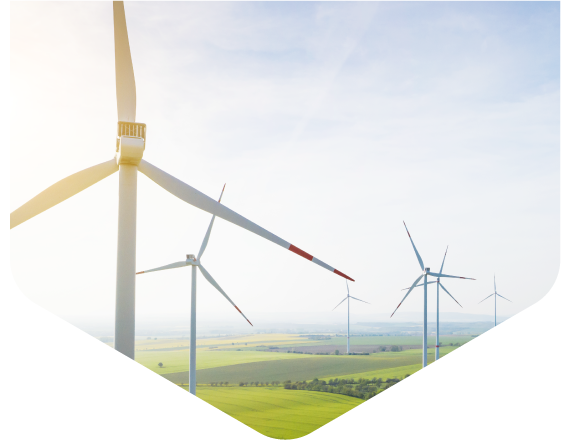
Start Your Net-Zero Journey Today
Climate change is increasingly urgent for governments, companies, and consumers alike. We all have a responsibility to make changes, including businesses, who will be closely watched by many. After all, doing right by the planet is doing right by your customers.
However, your transition to net-zero doesn’t have be a burden. Tariff.com empowers businesses to change for the better, offering tailored support to make sustainability simpler. We employ a comprehensive 5-step strategy to transform your emissions and revolutionise your energy usage.
Our 5 Step Strategy

1. Calculate
We’ll measure the carbon footprint and environmental impact of your business.
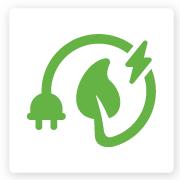
2. Target
We’ll help you set achievable targets to tackle your emissions.

3. Reduce
We’ll help reduce your consumption and optimise energy usage.
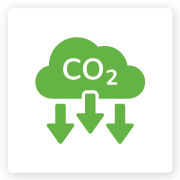
4. Offset
We’ll offset your remaining emissions with carbon credits and environmental projects.

5. Results
We’ll measure the carbon footprint and environmental impact of your business.
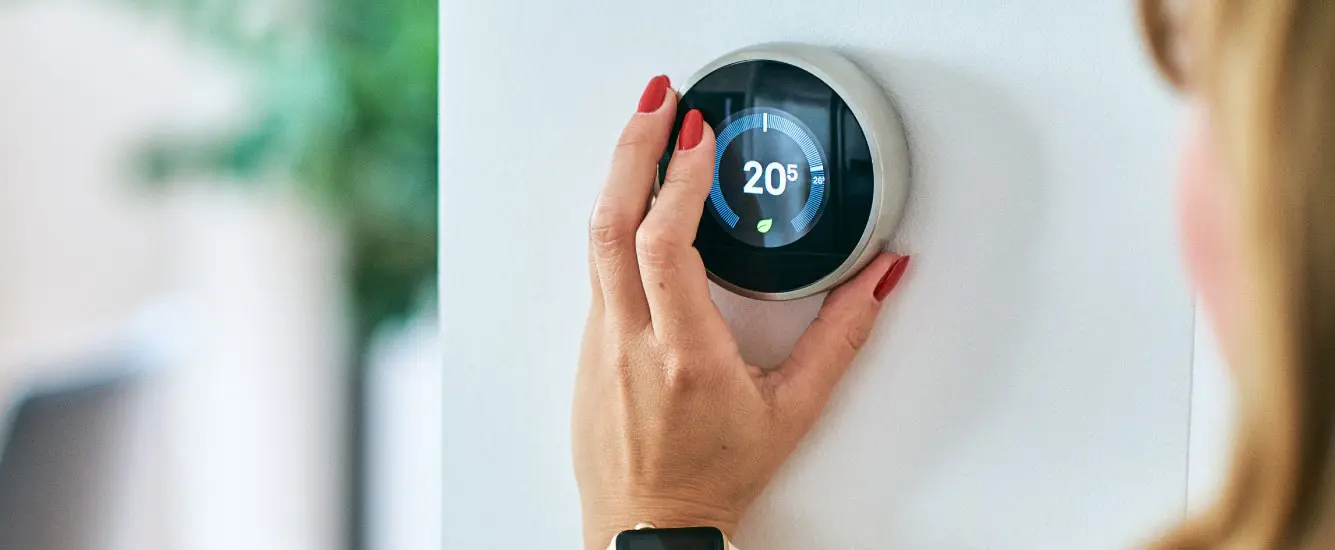
Why Choose Tariff?
Customer service is at the core of everything we do here at Tariff. We’re on your side every step of the way and will never pressure you into making a decision that’s not right for your business.
Instead, we’ll provide a comprehensive strategy for your organisation, breaking it down into achievable goals and offering practical support to help you get there. We’ll embark on this journey together, and whether you’re looking to switch business utilities or invest in renewable energy, Tariff.com will be on hand every step of the way.
Our News & Insights
Ready To Search, Switch, Save?
With the potential for large savings to be made, there’s no reason to delay. Tariff.com will give you the expert guidance your business needs to become energy-efficient.
To receive an entirely FREE, no obligation quote, contact our energy consultants today.



